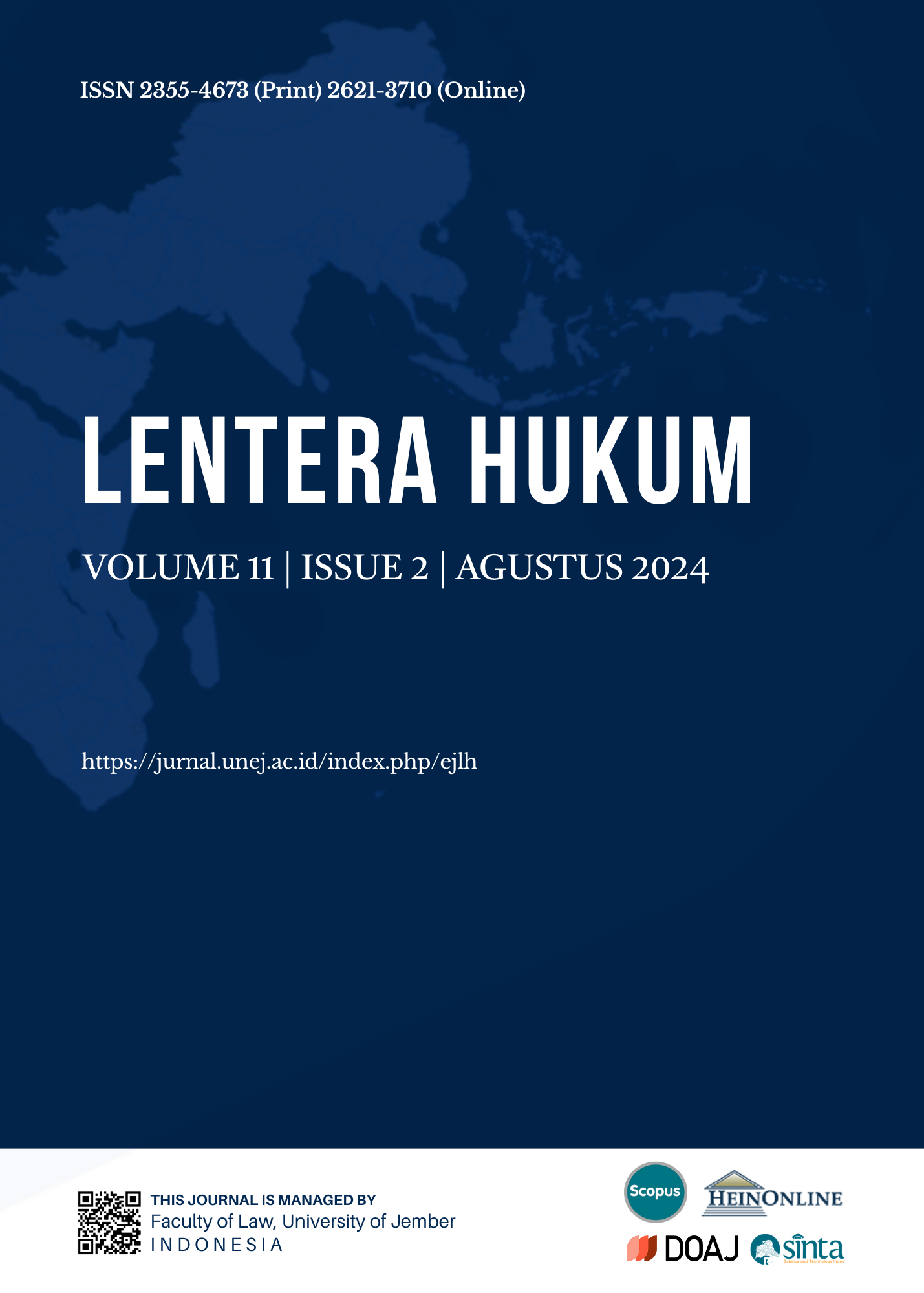Analysing Discrimination based on Genetic Information
Review, Critique and Proposal
Abstract
This paper analyzes and critiques existing literature on discrimination based on genetic information collected during genetic tests of individuals and the legal issues attached therewith. Genetic variations, which can lower or raise disease risk, result from the inheritance of parental genes. Subjecting individuals to stigmatization based on their unique ancestry or genetic status raises legitimate concerns. The literature review reveals that the issue of discrimination based on genetic information has occurred in countries like the United States and Canada. Accordingly, concerns regarding new forms of discrimination arising from the collection of information during genetic testing have grown over the decades in the wake of technological advancements in biotechnology, health, and allied sciences, as several studies have revealed. On the contrary, more material sufficiency in India necessitates consulting data from various disciplines. A conceptual framework is proposed to examine the theoretical foundations of non-discrimination provisions, compare genetic information non-discrimination legislation in the United States and Canada to India, and evaluate the practicality of implementing such laws in India. The initial testing of this framework suggests that due to insufficient legislation, there may be a need for enforceable measures to mitigate genetic information-related discrimination in India. The research problem requires qualitative research to gain an in-depth comprehension of experiences, phenomena, and context. This paper makes two main contributions: establishing a comprehensive background to allow comparisons by scholars and policymakers on the matter and helping to further the debate on the subject to generate value-based research regarding the ethical, legal, and social impacts of genetic research and anti-discrimination laws.
KEYWORDS: Non-discrimination, Genetics and law, Literature review, Genetic discrimination.
References
Bentotahewa, Vibhushinie, Chaminda Hewage & Jason Williams, “The Normative Power of the GDPR: A Case Study of Data Protection Laws of South Asian Countries” (2022) 3:3 SN COMPUT SCI 183.
Billings, Paul R, Mel A Kohn & Marvin R Natowicz, “Discrimination as a Consequence of Genetic Testing” (1992) 50:3 American Journal of Human Genetics 476–482.
Clayton, Ellen Wright et al, “The Law of Genetic Privacy: Applications, Implications, and Limitations” (2019) 6:1 Journal of Law and the Biosciences 1–36.
E Virginia Lapham, Chahira Kozma, & Joan O Weiss, “Genetic Discrimination: Perspectives of Consumers” (1996) 274:5287 Science 621–624.
Erwin, Cheryl, “Behind the Genetic Information Non-discrimination Act of 2008” (2009) 109:12 AJN, American Journal of Nursing 46–48.
Geller, Lisa N et al, “Individual, family, and Societal Dimensions of Genetic Discrimination: A Case Study Analysis” (1996) 2:1 Sci Eng Ethics 71–88.
Hellman, Deborah, “What Makes Genetic Discrimination Exceptional?” (2003) 29 American Journal of Law and Medicine 77–116.
Hubbard, Ruth & Mary Sue Henifin, “Genetic Screening of Prospective Parents and of Workers: Some Scientific and Social Issues” (1985) 15:2 Int J Health Serv 231–251.
Joly, Yann et al, “Comparative Approaches to Genetic Discrimination: Chasing Shadows?” (2017) 33:5 Trends Genet 299–302.
———, “Erring in Law and in Fact: The Supreme Court of Canada’s Reference re Genetic Non-Discrimination Act” (2021) 99:1 Can B Rev 172–192.
Kim, Hannah et al, “Genetic discrimination: introducing the Asian perspective to the debate” (2021) 6:1 npj Genom Med 54.
Levin, Noah, “A Defense of Genetic Discrimination” (2013) 43:4 Hastings Center Report 33–42.
Low, L, S King & T Wilkie, “Genetic discrimination in Life Insurance: Empirical Evidence from a Cross-sectional Survey of Genetic Support Groups in the United Kingdom” (1998) 317:7173 BMJ 1632–1635.
Mark A Rothstein, “The Use of Genetic Information for Nonmedical Purposes” (1994) 9:1 The Journal of Law and Health 109.
Miller, Paul Steven, “Genetic Discrimination in the Workplace” (1998) 26:3 J Law Med Ethics 189–197.
Otlowski, M, S Taylor & Y Bombard, “Genetic Discrimination: International Perspectives” (2012) 13 Annu Rev Genomics Hum Genet 433–454.
Rothstein, Mark A, “DISCRIMINATION BASED ON GENETIC INFORMATION” (1992) 33:1 Jurimetrics 13–18.
———, “Genetic Exceptionalism and Legislative Pragmatism” (2005) 35:4 Hastings Center Report 27–33.
Taylor, M J, S E Wallace & M Prictor, “United Kingdom: transfers of genomic data to third countries” (2018) 137:8 Hum Genet 637–645.
Taylor, Sandy, “A Case Study of Genetic Discrimination: Social Work and Advocacy Within a New Context” (1998) 51:4 Australian Social Work 51–57.
Zweig, Franklin M & Andre M Davis, “Genetic Technologies and Courts of Law” (2000) 3:4 Community Genetics 215–220.

This work is licensed under a Creative Commons Attribution-ShareAlike 4.0 International License.




